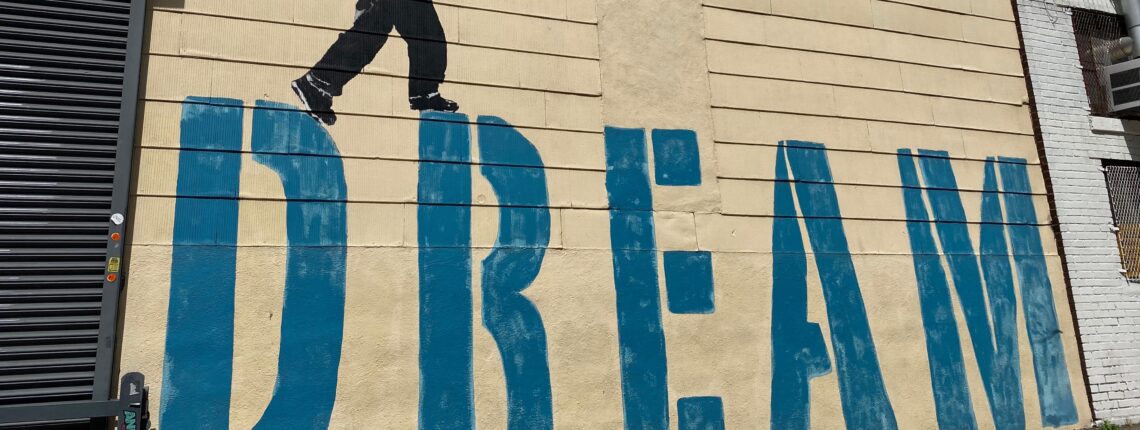Often these changes are awkward and require new competencies for self-care. This is true for children’s young issues, from potty training to the change of teeth. It is also true for the pubescent youth who exudes new smells, grows new hair patches, struggles with new blemishes, and releases new bodily fluids. Finally, it is again true when one is in a healing process or an aging process. Support can include having age-appropriate books about relevant issues. Causally provide helpful tools (deodorant, shaving equipment, menstruation products, condoms, etc.) and make known their whereabouts, with easy access and clear usage instructions. Honoring these more private milestones should be a reassuring and respectful process, not a secretive and shameful one. The nature of these exchanges are subtle and supportive; parent to child, and maybe later in life child to parent.
The Tooth Fairy
The American tooth fairy is rooted in 17th century Europe as a practice of burying lost teeth so the new ones may grow and echoed across the globe in Pakistan as throwing lost teeth into the river. These traditions offer a twinkle for thinking about these developmental turning points and processes as necessary, natural, and universal, though uniquely experienced by each person. Small mementos of acknowledgment and exchanges of childhood times for adult items might be a fairy take-away.
Astrophysicist Neil deGrasse Tyson describes his child and her friends applying science to the Tooth Fairy story, a helpful reminder of the role of discovery in learning information and science in the transitioning of humans across the lifespan.

